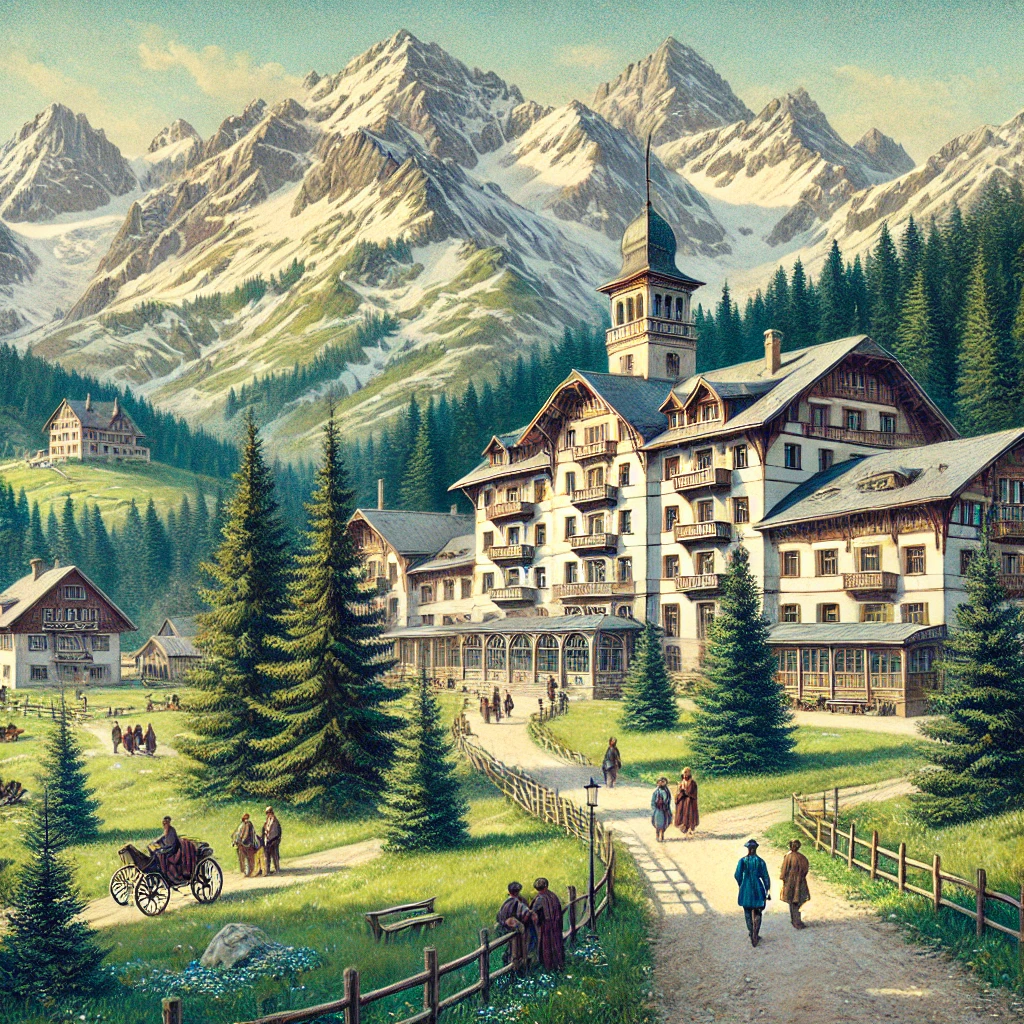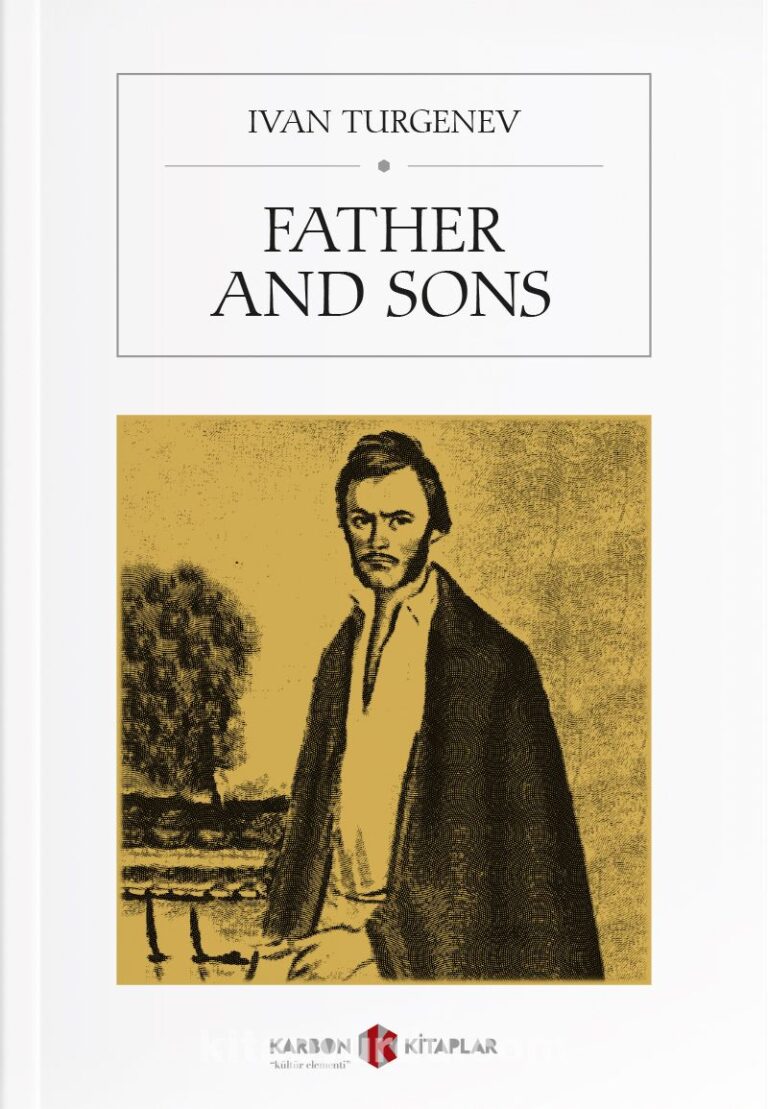Book Review | Magic Mountain
Thomas Mann was born in Germany on June 6, 1875. He moved to Munich with his mother and brother in 1893. After doing a voluntary internship at the South German Fire Insurance Bank, he studied at the Technical University in 1895 and 1896.
During World War I, Mann supported the conservatism of Kaiser Wilhelm II and attacked liberalism. However, in Von Deutscher Republik (1923), as a semi-official spokesman for parliamentary democracy, Mann called on German intellectuals to support the new Weimar Republic. He gave a lecture at the Beethovensaal in Berlin on October 13, 1922, which appeared in Die neue Rundschau in November 1922, and developed a magnificent defense of the Republic based on his extensive readings of Novalis and Walt Whitman. After this, his political views gradually shifted towards the liberal left and democratic principles.
In 1930, Mann gave a public speech in Berlin entitled “Objection to Prayer”, in which he strongly condemned National Socialism and encouraged resistance by the working class. This was followed by numerous articles and lectures in which he attacked the Nazis. At the same time, he expressed a growing sympathy for socialist ideas. When the Nazis came to power in 1933, Mann and his wife were on holiday in Switzerland. His son Klaus advised him not to return because of the distortions of Nazi policies. However, unlike his brother Heinrich and his son Klaus, Thomas Mann’s books were probably not among those burned by Hitler’s regime in May 1933, when he was awarded the Nobel Prize in literature in 1929. Finally, in 1936, the Nazi government officially revoked his German citizenship. During the war, Mann gave a series of anti-Nazi radio speeches, Deutsche Hörer! (“German listeners!”). They were recorded on tape in the USA and later sent to Great Britain, where the BBC sent them in hopes of reaching German listeners.
Thomas Mann has many literary works. Seventeen of them have been translated into Turkish. His most famous works are The Buddenbrook Family, Tristan, The Magic Mountain and Doctor Faustus. He was awarded the Nobel Prize in Literature in 1929 for his book The Magic Mountain, published in 1924.
Subject of the Book
Hans Castrop, who is about to start work at a shipyard, goes to visit his sick cousin Joachim Ziemmsen in the Alps. He plans to stay with his cousin for three weeks at the International Berghof Sanatorium, and when he realizes that he is also sick, his visit extends to seven years. During this time, Hans Castrop meets many new people and witnesses extraordinary events, and shares his memories of the seven years with the reader.
Hans Castrop, who sometimes gets sick and cannot get out of bed, sometimes falls in love and gives new meaning to his life. You can read The Magic Mountain, which tells the seemingly ordinary but extraordinary life story of Hans, who will have long conversations with the friends he makes, with the unique translation of İris Kantemir.







